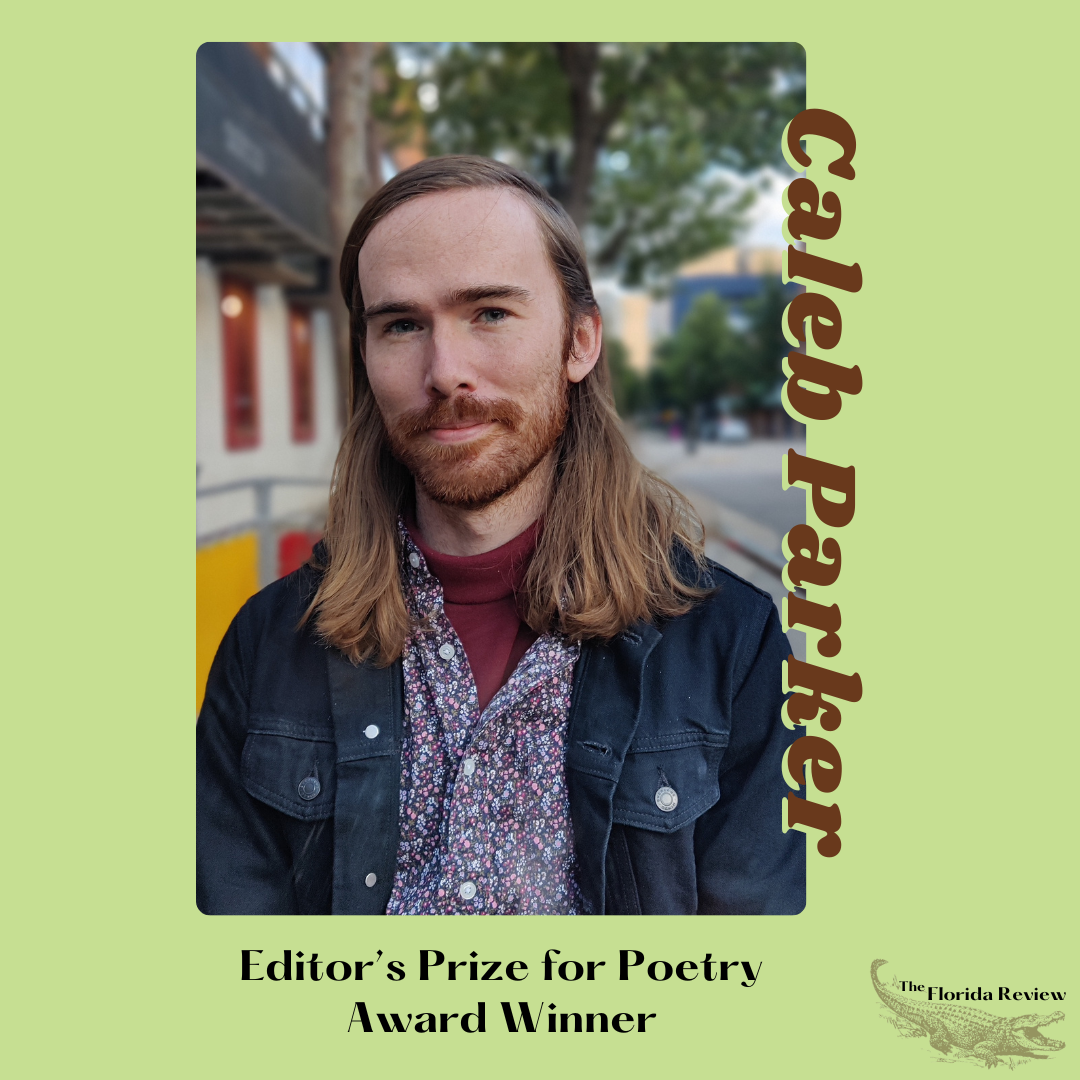Ren Hen Press, 2022
Paperback, $16.95, 119 pages.

Diane Thiel’s third collection of poetry, Questions from Outer Space, comes after an interlude during which the poet devoted her energies to a travel memoir (The White Horse) and the translation of contemporary Greek fiction. Her first two collections (Echolocations and Resistance Fantasies) garnered acclaim, including the Nicholas Roerich Award, for their intelligence, wit, wordplay, and attention to form. These earlier poems explored family history and contemplated contemporary manifestations of mythic archetypes. Her latest volume skillfully deploys many of the same aesthetic characteristics that distinguished her first collections, while the new poems range widely from past to present to future, from house and home to international, interplanetary, and even interdimensional settings. It is a volume full of vivid, imaginative poems, a good many beginning as thought experiments that call to mind Italo Calvino’s Cosmicomics.
The title of the volume suggests that the act of questioning will be both a central motif and the principal modus operandi of the poems that follow. And, indeed, a number of poems instantiate this propensity for questioning, e.g., “Questions of Time and Direction,” “Questions from Four Dimensions,” and “Navigating the Questions.” The intellectual bent of the collection is summarized in “Listening in Deep Space”: “looking for answers / telling stories about ourselves, / searching for connection.” In one way or another, the poems in Questions all pursue this heuristic. For Thiel, “the simplest question” is capable of “opening the world again.”
Many of the poems recognize and ponder the complications that science and technology introduce into our lives, especially the consequences of relying too greatly on gadgetry. “Tritina in the Time of the Machine,” for example, addresses the implications of intrusive technologies at a time when “in nearly every pocket,” there’s “a small methodical machine” always “grinding on.” Another poem, “Remotely,” wittily mulls the consequences of living in the remote and virtual modes forced on us by pandemic realities. Whether it’s a remote control, internet access, Zoom video conferences, or even the electric typewriters of yore, in poem after poem the poet mulls the benefits and drawbacks of incorporating new technology into our lives.
Thiel’s wry and sometimes whimsical way of looking at the world (a trait readily apparent in her previous volumes) is woven throughout these poems, often making light of, or even mocking, the slippery and careless use of language in social and corporate settings (“KwickAssess”). Other poems play with familiar expressions (“Sleeping Dogs,” “Baby Out with the Bathwater,” “Under the Rug”) and in so doing discover new angles on old clichés.
While Thiel’s outlook is sometimes droll, she is just as often attuned to darker concerns. The poet repeatedly worries over “a tear in the continuum.” Some poems, for example, evince a plangent concern for environmental degradation (e.g., “Navigating the Questions”), a concern that is carried forward from her earlier volumes (such as the powerful poem, “Punta Perlas,” in Resistance Fantasies). An underlying theme of these poems is “the way our actions decide / who or what is now / expendable.”
A central conceit in the book, running through several poems, involves the first-person observation of life on Earth from the standpoint of sentient, empirical beings located elsewhere in the cosmos. In the view of these distant observers, humans “generally / complicate things” and are “highly irrational.” The poem “Field Notes from the Biolayer” uses the distant observer conceit to tie together the volume’s key themes of technology, environment, and connectivity. Thiel’s extraterrestrial observers—whose view surely coincides with her own—note that as humans “are forced / to rely on the virtual world, some begin to realize / what they had been missing” and are now “recognizing the way their world is connected / within and also beyond—the rivers, the oceans, the air— / the lovely layer that makes their existence possible.”
As has been the case throughout her career, in these poems Thiel evinces a meticulous concern for the craft of poetry. Most notably, the poems are attuned to sonic patterns and echoes, or what Dana Gioia has referred to as the “intuitive music” of her poetry. She employs rhyme—full, slant, and internal—to good effect. There is also a good deal of assonance and consonance at work, as in this passage from “Time Won’t Do It”:
We expect too much of time,
give it mythical powers,
believe a certain set of hours,
days or years will be the salve
to solve it all. We treat it
like an oracle, believing
time will tell, expecting
time to heal because
our sayings say it will.
While Thiel is not a strict formalist, she pays close attention to form, with many of the poems taking one or another of the traditional forms, including a sestina, a pantoum, a villanelle, a tritina, along with several sonnet or sonnet-like poems, haiku, and tanka. When not employing traditional forms, Thiel devises nonce forms and often resorts to repeated stanzaic patterns. Several of the poems—e.g., “Sleeping Dogs” and “In the Mirror”—have a concrete quality. In her use of forms and sonic patterns, Thiel has much in common with her coeval, A. E. Stallings (the two poets share a connection to Greece as well, as both poets are married to Greeks and have spent significant time in Greece).
Thiel’s past work has shown her to be a smart, well-read poet, with a keen awareness of the poetic tradition. The range of references in this volume reveals some of her varied influences, both aesthetic and thematic. There are echoes of or direct allusions to numerous poets, including W. C. Williams, Richard Wilbur, William Stafford, Robert Hayden, Elizabeth Bishop, D. H. Lawrence, Auden, Keats, and Swedish-language poet Edith Södergran. All in all, it is a collection rich with references to literature, science, music, and art.
In “looking for answers, telling stories…and searching for connection,” these poems succeed in “opening the world again.”



